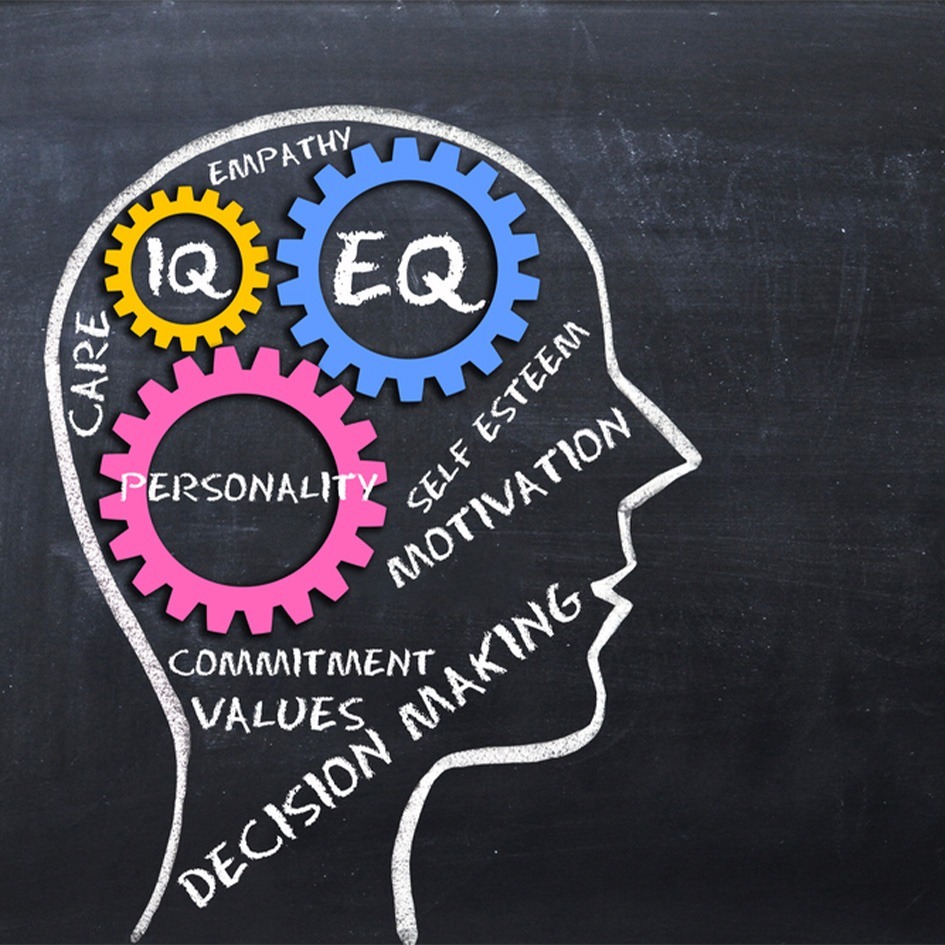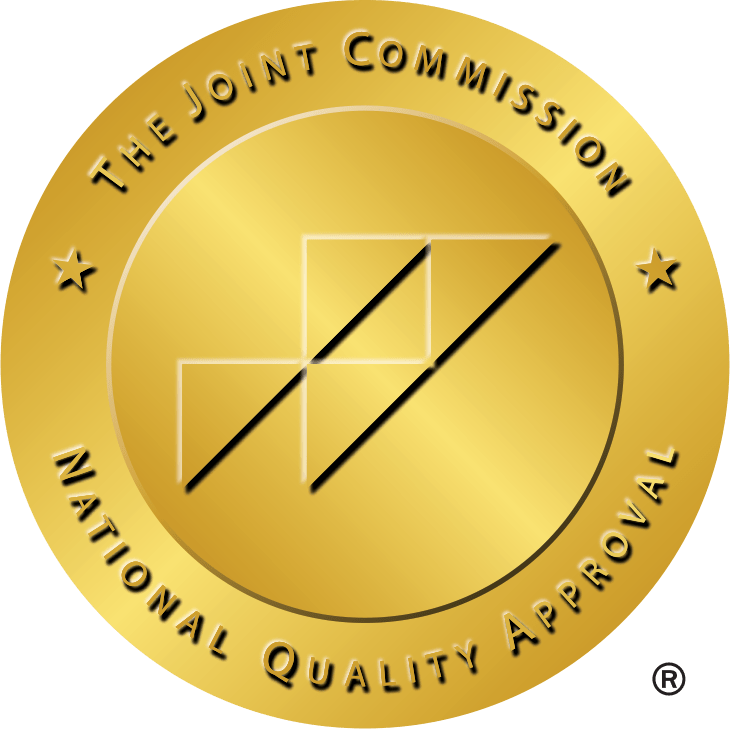It can be hard for men to open up about their personal struggles. Recovery can help knock down those walls.
It can be hard for men to open up about their personal struggles. Recovery can help knock down those walls.
Men encounter distinct challenges compared to women when pursuing recovery from drug or alcohol addiction.
These discrepancies stem partly from the influences of male socialization in Western society. Additionally, biological factors contribute to the decision-making processes observed among men.
Recognizing the societal expectations that shape the roles of men and women, it becomes evident that gender holds a significant impact on the journey of rehabilitation and recovery. This understanding underscores the rationale behind the provision of gender-specific rehab programs by Brooks Healing Center.
1. The first common societal norm is men remaining silent. The stereotype of men refusing to ask for directions is often seen as humorous, but the humor fades when you’re in a situation where clear guidance is exactly what you require.
At Brooks Healing Center, we understand the challenge of acknowledging a problem and the even greater challenge of seeking professional assistance. It’s a realization that you can’t navigate everything on your own.
Taking a step back and acknowledging your own courage in admitting your circumstances and seeking help is crucial. This recognition forms a fundamental part of initiating substantial life changes and being ready to disrupt the cycle of abuse, paving the way for a journey toward sobriety.

Men Are Less Likely to Question Themselves
2. Frequently, men exhibit a tendency to prioritize being right, regardless of the potential consequences.
This inclination carries significant ramifications concerning addiction and the journey to recovery. In situations where your life is at stake, the distinction between right and wrong becomes inconsequential. What truly matters is an individual’s capacity to recognize their need for assistance and acknowledge that self-reliance is not always sufficient.
Indicators that addiction has progressed from mild to moderate or severe may encompass:
- Attempts to reduce or quit usage without success
- Escalation in consumption
- Concealing substance use from others
- Fabricating the extent of substance intake
- Increasing isolation or avoidance of social interactions
- Encountering challenges in relationships or family dynamics
- Neglecting personal obligations to family, childcare, or work
Forging connections with like-minded men can contribute to dismantling the stigma associated with seeking help on the path to enduring recovery, facilitating sustained sobriety.
3. Transitioning through change proves challenging for individuals across the board.
Specifically, men often become entrenched in their established patterns, rendering them resistant to accepting guidance or acknowledging potential errors or unwise choices.
After habits take root, men frequently devise various justifications to downplay their impact. A portion of this resistance stems from an unwillingness to concede fallibility. It’s important to recognize that errors are inherent to human nature; they don’t signify weakness or moral deficiency driving individuals toward seeking solace in drugs or alcohol.
Men Are Less Self-Aware Than Women
4. Frequently, men have not been equipped with the skills to cultivate self-awareness and constructive coping strategies.
This deficiency can result in suboptimal choices, like resorting to drugs in times of hardship and uncertainty. A treatment program offers men the opportunity to collaborate with a counselor in confronting the fundamental concerns that prompted them to seek solace in substances.
In this process, men might pleasantly discover insights into their own identity and true self. A heightened comprehension of their identity can be transformative, fostering the development of beneficial, healthful, and purposeful lifestyle decisions during their journey toward sobriety.

5. Solitude poses a significant challenge within the realm of drug abuse and relapse.
Establishing a dependable social support system proves pivotal in preventing relapse.
Resources like 12-step groups, anonymous gatherings, and sober sponsors serve as invaluable aids in assisting men to transcend their individual barriers. These avenues also offer the opportunity to realize the potential for forming secure connections and relationships with fellow men, fostering a supportive environment throughout their journey of recovery.
6. Sustaining sobriety is a challenge for men, attributable to numerous factors. Upholding consistent mental health counseling beyond rehabilitation can serve as a means for them to maintain self-discipline and remain steadfast on the trajectory of enduring recovery.
7. Forging fresh connections can pose a difficulty for adults, and in some cases, men resort to substances to fill the void stemming from a dearth of social bonds. Aftercare and relapse prevention initiatives can play a vital role in offering sober and encouraging social networks, thereby addressing this issue.
8. Men are disproportionately prone to grappling with mental health disorders that align with substance abuse tendencies.
Prevalent conditions like anxiety and depression can amplify the allure of substance use as a coping mechanism. Regrettably, prolonged drug abuse exacerbates mental illness.
As addiction solidifies, individuals must eventually confront the adverse aftermath of their decisions. Effectively addressing dual diagnoses and co-occurring disorders that intertwine substance abuse and mental health is pivotal in attaining enduring recovery and sidestepping relapse.
The significance of gender-specific rehabilitation cannot be emphasized enough. For certain individuals, this distinction can determine whether they achieve enduring sobriety or continue down a path of detrimental choices, addiction, and susceptibility to relapse.
Our men’s rehabilitation center offers an environment where men can concentrate on their personal progress without diversions. It also creates a sanctuary where they can comfortably delve into emotions and life challenges that are arduous to confront, let alone converse about in a public context.
To gain further insights into our offerings, we invite you to get in touch with Brooks Healing Center today.




